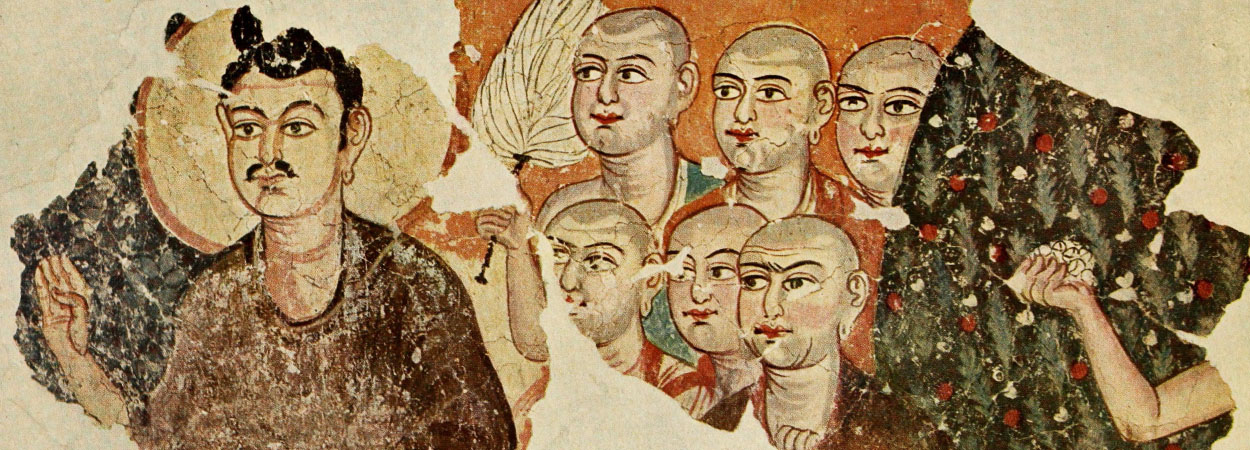The Nobles’ Truths in Indian Buddhist epistemology

The Nobles’ Truths, the Buddha’s teaching about suffering and liberation from suffering, are a central topic in the history of Buddhism and appear prominently in South Asian philosophical debates. The Indian philosopher Dharmakīrti (6th–7th? century), one of the most influential representatives of the Buddhist epistemological tradition, discusses the four Truths in his first work (Pramāṇavārttika) within the framework of a proof of the authoritativeness of the Buddha as a means of valid cognition. This project will present an in-depth study of this discussion according to the interpretation provided by Manorathanandin (probably 11th century), who composed the last commentary in Sanskrit on Dharmakīrti’s text. The study will be based on a critical edition and accompanying English translation of relevant sections in the Pramāṇavārttika and Manorathanandin’s commentary thereon. The Sanskrit texts will be critically edited using the extant manuscripts containing these works, together with related Tibetan translations.
The project’s historical-philological approach will be complemented by a philosophical approach. The synergy between the two perspectives will shed light on Dharmakīrti’s intellectual agenda, as well as on the history of his work's reception. At the same time, it will produce a fine-grained analysis of a central aspect in South Asian philosophy, namely how, in both intra- and inter-doctrinal debate, philosophical concepts are linked with soteriological issues. In doing this, the project will enrich our understanding of the South Asian intellectual world in the pre-modern period. Furthermore, through its focus on the commentarial interpretation of a particular philosophical work, the project will allow our picture of the hermeneutical tradition in South Asia to gain in sophistication and contribute to recent calls for research on the history of philology in South Asia. Indeed, rich material for such inquiries is provided by the philological activity reflected precisely in the commentarial production surrounding Dharmakīrti’s work.
Project Data
- Head and research:
Cristina Pecchia - Field: Buddhist Studies
- Running period: 2018–2021
- Funding: FWF P30710